SwiftStart launched Fomin during the height of the pandemic. The brand is now expanding its product lines after tripling revenue.

There are a number of ways to make money on Amazon, but one way is by selling your products directly. You can also choose to sell your products directly to Amazon, which will then sell them for you. Both the options have their own benefits and challenges.
An Amazon seller and an Amazon vendor are two different things and each of them has its own dashboard and resources.
You’ve got a tough choice on your hands. Which one should you use? Let's take a look at the key differences between them and see if that helps!
Amazon Sellers vs. Amazon Vendors
If we briefly highlight the difference between the two, then it all boils down to who’s actually selling the product.
Sellers are in complete control of how their products are marketed, promoted, and sold. They're also able to set all pricing terms themselves which can make a big difference when it comes down to deciding whether or not you want something listed on Amazon.
Vendors sell to Amazon employees who then re-list the goods on Amazon for sale with a higher profit margin than usual because they have more control over what gets sold on Amazon.
Here we’re going to highlight the main pros and cons of a Vender Central. Let’s begin with the Vendor Central Pros.
The Amazon seller program, Vendor Central is a great way for vendors to increase shopper trust and confidence. Sellers can join via an invite from the corporate team which will list their products as “sold by amazon” - likely giving them more visibility in shoppers’ eyes!
Being an Amazon Vendor is a great way to get your products in front of millions without spending too much time and money on it.
As an Amazon Vendor, you can enjoy added marketing opportunities through AMS (Amazon Marketing Services) which will help promote sales like never before! You are only responsible for the back-end of your supply chain - inventory management software or billing discussions if applicable.
Vendors can avoid the typical Amazon flat fee of $39.99 per month for selling unlimited products and fulfillment. Sellers also have options to purchase gift wrapping supplies as well!
Since Amazon is in charge of pricing, there are no minimum profit margins for vendors. This means that a seller could technically even lose money by lowering their price too much on some items!
New Amazon vendors face high-stakes logistics concerns. The company can be demanding when it comes to inventory and order fulfillment, making them a tough sell for many businesses that are already struggling in this competitive market space.
If a vendor creates something unique and innovative, it can be difficult for them to succeed through Vendor Central alone. It leaves many promising but poorly-known vendors in an awkward position - not being able to make sales solely on Amazon's unwillingness or inability to take risks when there are so few opportunities available!
Here we’re going to highlight the main pros and cons of a Seller Central. Let’s begin with the Seller Central Pros.
The work may seem more challenging, but sellers have a bit more control than their vendor counterparts. Sellers will need to pay various fees per item and sale while they manage pricing themselves if they don't want fulfillment services like FBA (fulfillment by Amazon).
Sellers on Amazon also have more control over their customers, promotions, and the number of units they want to sell as compared to vendors who sell items to Amazon.
With Seller Central, you can see how many customers are satisfied with your business by looking at detailed analytics. You will also be able to control their returns and boost sales by heading off unhappy clients directly!
By using pricing control, a company can take advantage of high-demand periods and offer sales. This will help them stay competitive in the holiday season!
Many sellers choose to sell on Amazon without the "sold by amazon" endorsement. They find that it’s more flexible and they can still make money through this program, even though buyers may purchase more when they see "sold by amazon" endorsement.
Becoming an Amazon Vendor is a great opportunity who want their products in front of a lot of people. Though there are some drawbacks, you should evaluate these pros and cons before deciding which one to choose.
If you're just starting out as an e-commerce merchant, then it might make sense for your business to use the Vendor Central option. This way there are no upfront costs and everything can be done through one platform with ease of access across all devices - including mobile!
But if you have more resources at hand or would rather take charge of how things get done around you should go for Seller Central services. It offers complete control over pricing policies and several other factors like customers, promotions, and the number of units they want to sell.
If you’re seeking more help related to Amazon Vendor Central or Seller Central, reach out to us.
Amazon has introduced a system that allows merchants and customers to communicate directly, known as the Amazon message center. Highlights Why We Wrote This? We wrote this content so sellers understand that the Amazon Message Center is vital for effective communication between buyers and sellers. This service lets customers contact sellers regarding orders using Amazon's […]
)
IntroductionAmazon has become the go-to place for consumers to buy new products. And with its dominant position in ecommerce sales, it’s no surprise that brands are beginning to develop a marketplace strategy which focuses on ASIN (Amazon Standard Identification Number) discovery and marketing campaigns. The more sellers there are looking at your product page or […]
)
Are you a seller looking to make your mark on Amazon? Launching products on the world’s biggest eCommerce platform can be daunting and exciting. With over 2 million Amazon sellers in 2024, it is hard to stand out from the competition without a well-crafted launch strategy. But it is possible to generate successful product sales […]
)
Can you believe that Amazon offers a whopping 350 million products for sale? With such an enormous selection of products available, it would be nearly impossible to monitor each one individually. Luckily, Amazon has a fantastic solution: the Amazon ASIN. This nifty system helps organize and manage this vast array of products, making it much […]
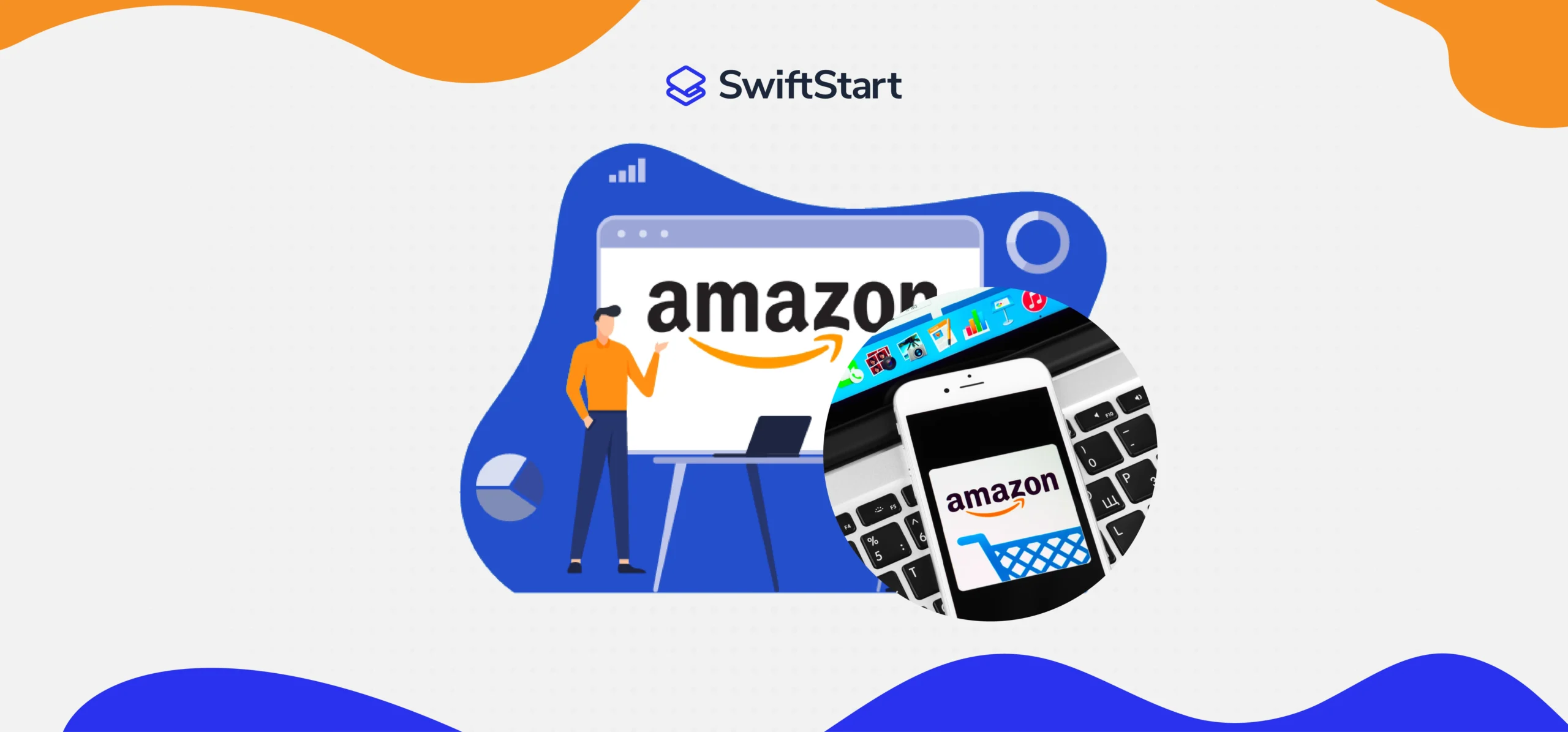)
Amazon is a powerful sales channel that you can't afford to ignore if you want to grow your brand. There are several things you must know before diving into this venture, especially if you're new. However, there are some mistakes that many brands make on Amazon that can hurt their business. In this post, we'll […]
)
Are you planning to remove inventory from Amazon? If so, you must familiarize yourself with all the processes and requirements. Amazon FBA (Fulfillment by Amazon) is a great way to scale your business, but it also comes with certain costs, such as monthly fees and long-term storage fees. To save on these costs, you may […]
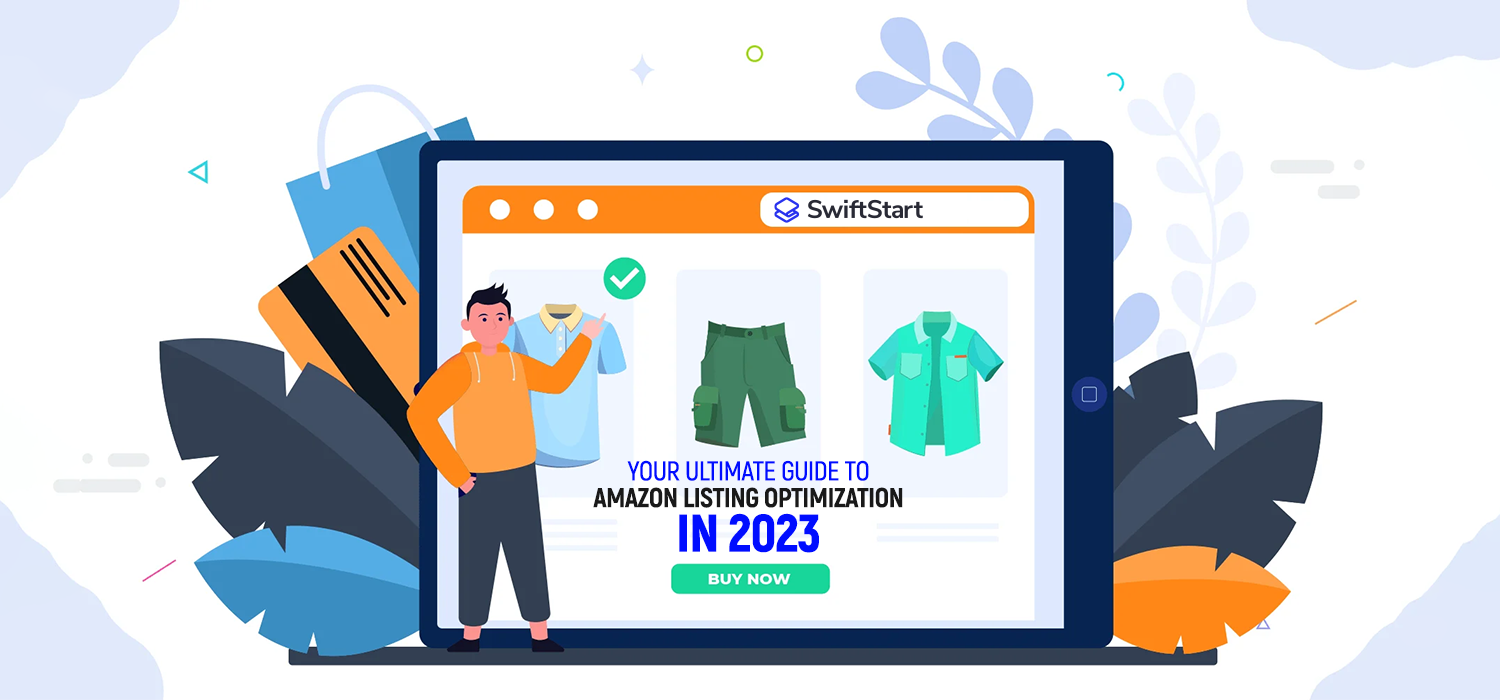)
What Is Amazon PPC Management? To thrive on Amazon, it's essential to go beyond relying solely on an organic search engine optimization strategy. Therefore, an Amazon PPC advertising agency is crucial to maintaining a competitive edge. Highlights Why We Wrote This? This content educates businesses, especially Amazon sellers, on the significance of employing an Amazon […]
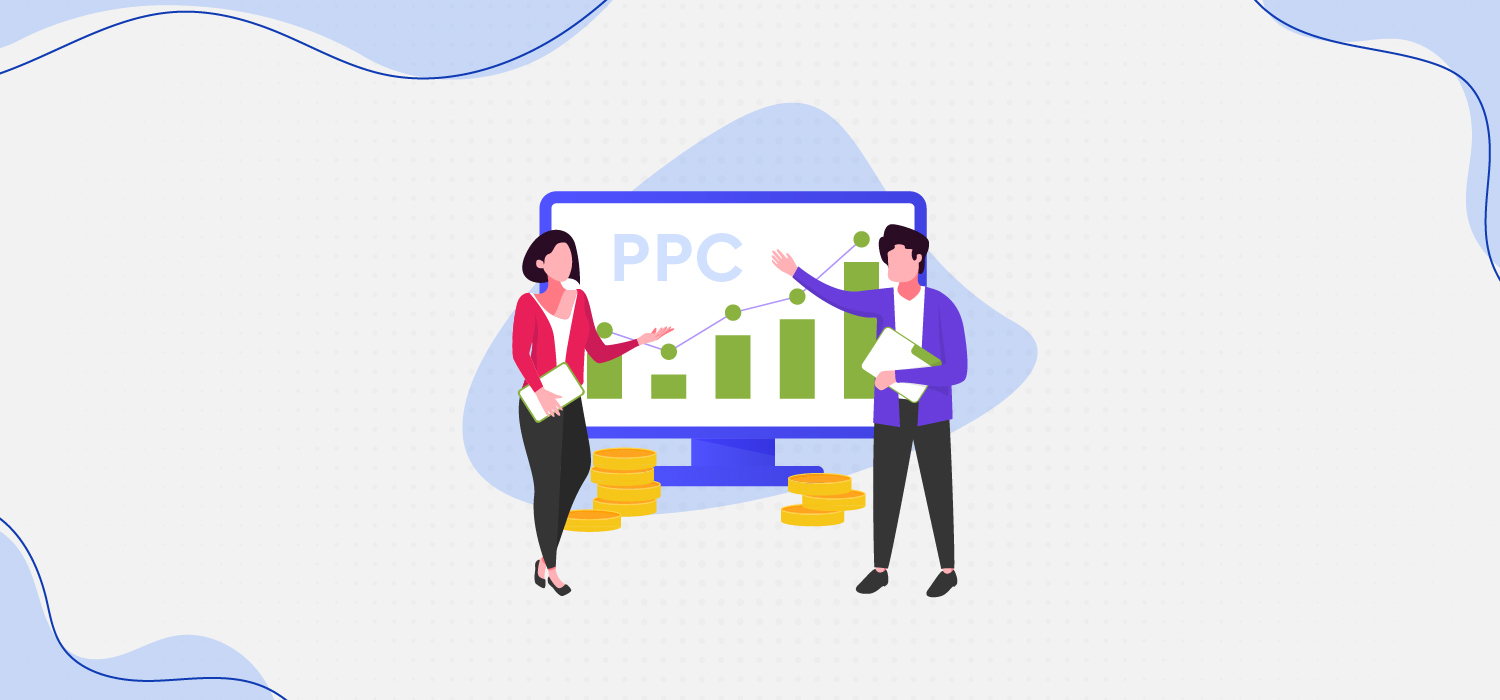)
Are you looking to start your own e-commerce business but don't know where to begin? Amazon FBA Private Label may just be the answer you're looking for. With over 300 million active customers and a 45% share of the U.S. e-commerce market, Amazon is the largest online retailer in the world. And with Amazon FBA […]
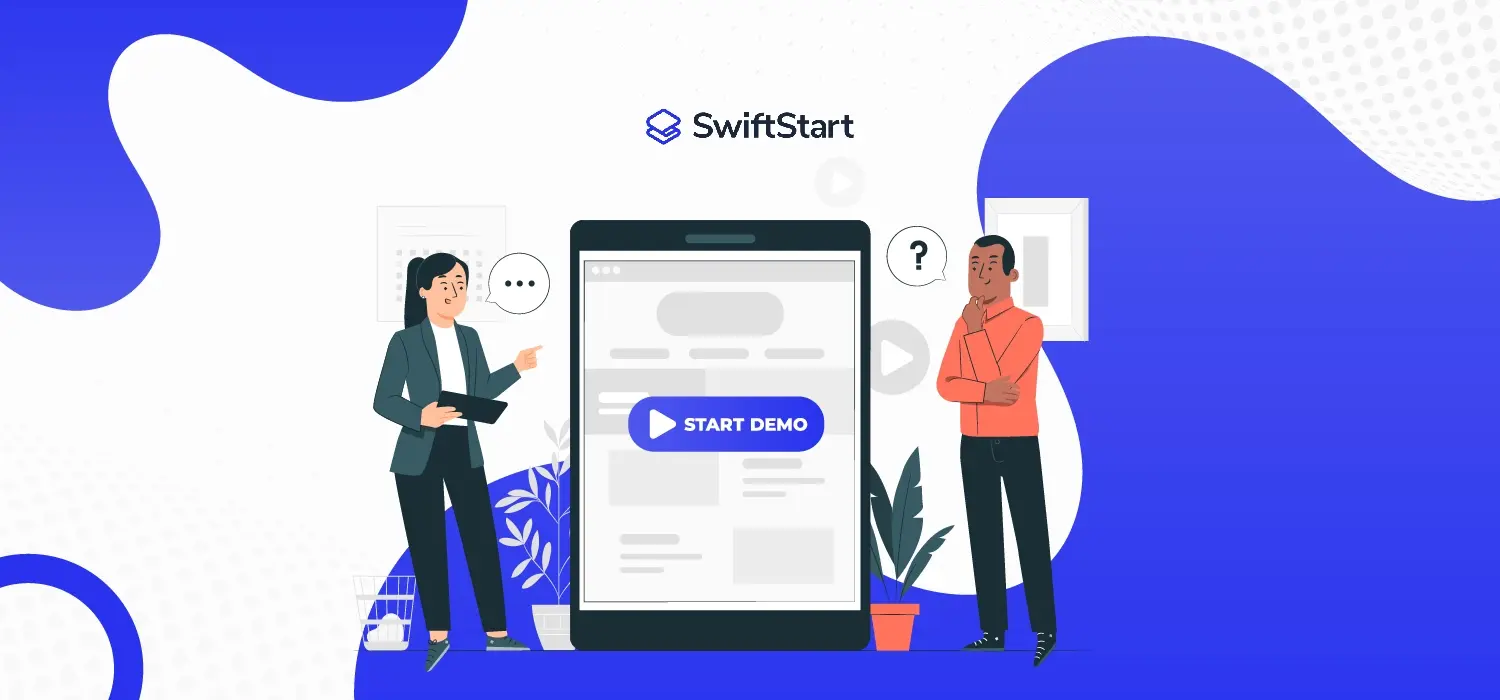)
In the world of Amazon selling, Platinum Keywords emerge as the secret weapon for sellers aiming for higher product ASINs on Amazon and a superior shopping experience. Highlights Why We Wrote This? This content aims to empower Amazon sellers with comprehensive insights into the strategic significance of Amazon Platinum Keywords. By identifying, utilizing, and optimizing […]
)
Are you an aspiring Amazon seller looking to boost product reviews and increase sales on Amazon? Look no further than the Amazon Vine! This program unlocks a world of possibilities for Amazon sellers and enhances their chances of success in the competitive Amazon marketplace. However, if you're a newbie to this program, you might not […]
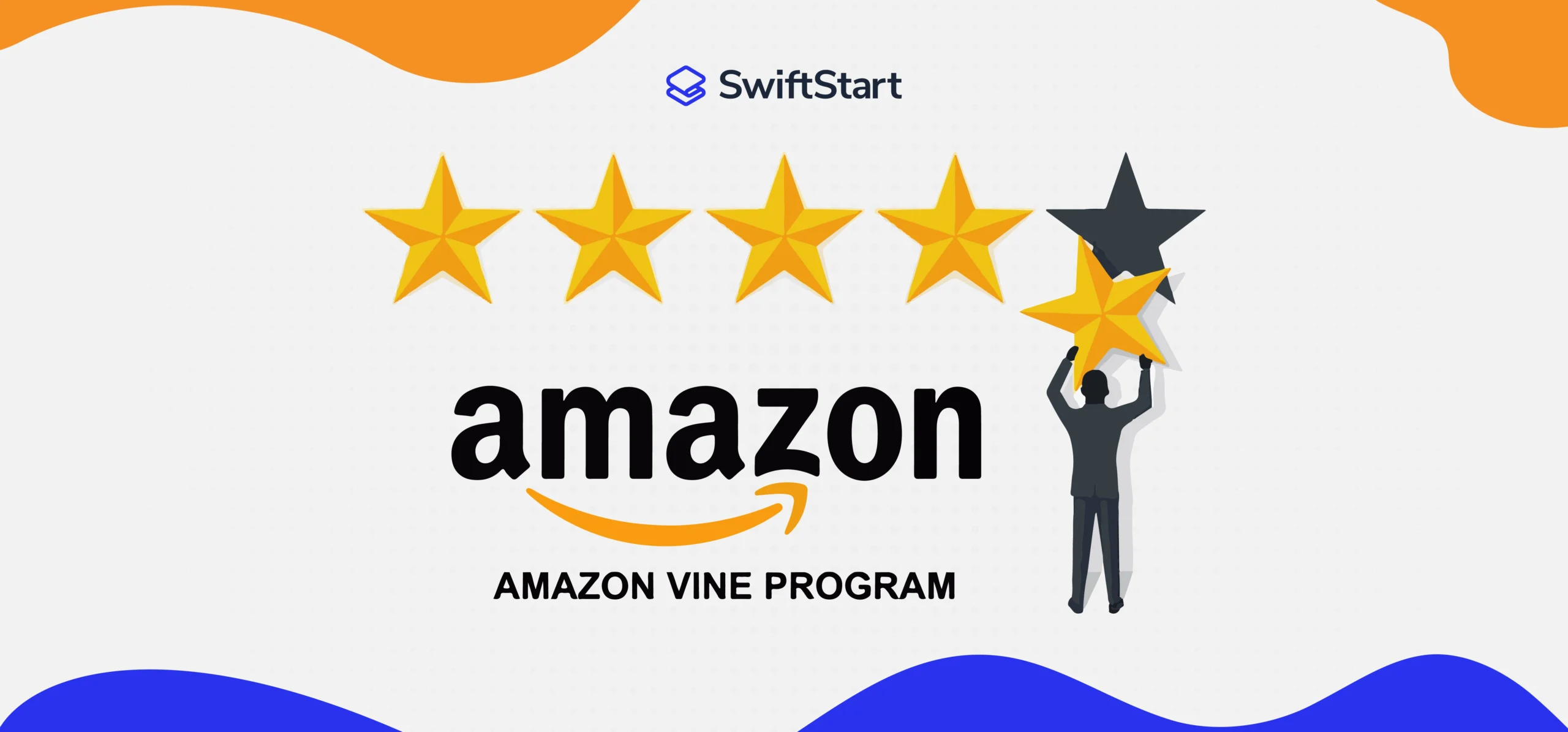)